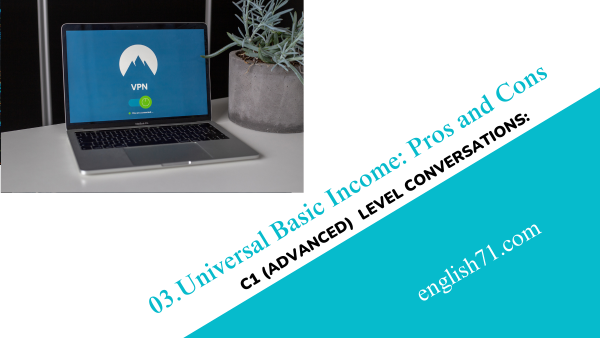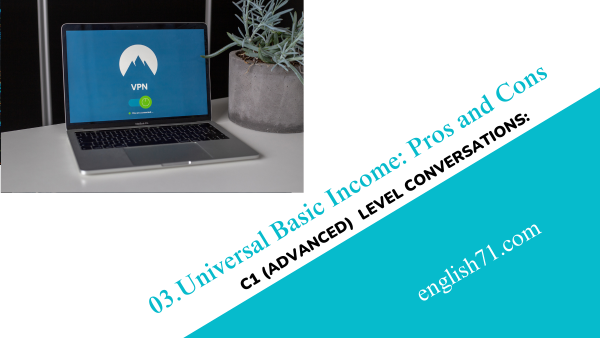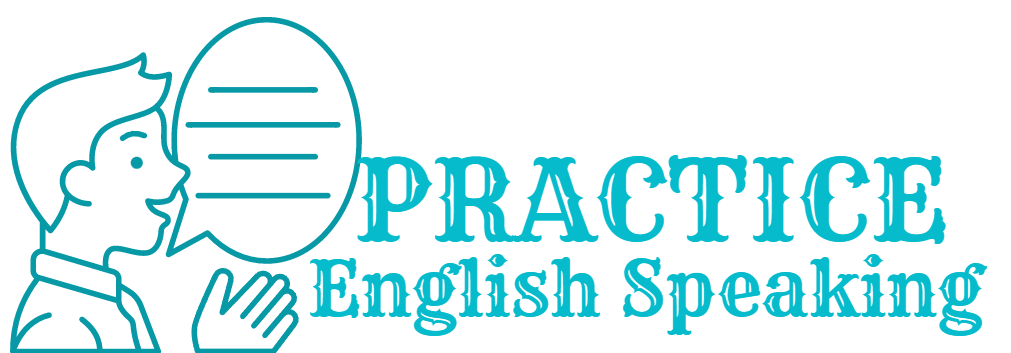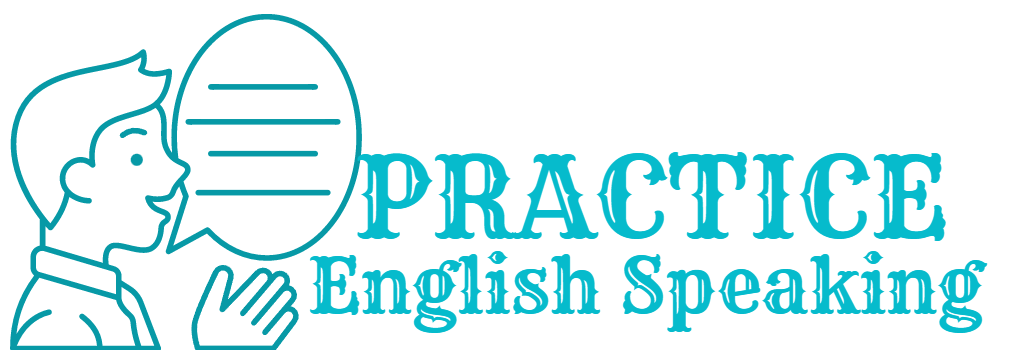C1 (Advanced) level Conversations: (3) Universal Basic Income: Pros and Cons

Amy: Hi Chris, have you been following the debates around Universal Basic Income (UBI) lately?
Chris: Hey Amy, absolutely. It’s a fascinating topic with strong arguments on both sides. What are your thoughts on it?
Amy: Well, I can see the potential benefits of UBI in providing financial security, reducing poverty, and promoting economic stability. It could also empower individuals to pursue entrepreneurship or further education without the fear of financial ruin.
Chris: That’s true, Amy. UBI has the potential to alleviate income inequality and provide a safety net for those who are unable to work or struggling to make ends meet. However, I’m also concerned about the potential drawbacks and unintended consequences.
Amy: I understand your concerns, Chris. One of the main criticisms of UBI is the fear that it could disincentivize work and lead to a decline in productivity. There are also questions about its affordability and the potential impact on inflation.
Chris: Exactly, Amy. Moreover, implementing UBI on a large scale would require significant changes to the existing social welfare system and tax structure. It’s crucial to carefully evaluate the economic feasibility and long-term implications before moving forward with such a policy.
Amy: Agreed, Chris. It’s essential to consider the practical challenges and potential trade-offs associated with UBI. However, pilot programs and experiments in various countries could provide valuable insights into its effectiveness and impact on society.
Chris: Absolutely. By studying the outcomes of these experiments, policymakers can make more informed decisions about whether and how to implement UBI in a way that maximizes its benefits while mitigating potential risks.
Amy: Definitely. UBI is a complex and nuanced issue that requires careful consideration of its various implications. It’s encouraging to see it being discussed and debated at both the national and international levels.
Chris: Absolutely, Amy. Whether one supports or opposes UBI, engaging in constructive dialogue and informed debate is essential for exploring its potential as a policy tool for addressing economic inequality and social welfare.
Amy: Well said, Chris. Thanks for this insightful conversation. It’s always great to exchange perspectives and explore complex issues together.
Chris: Likewise, Amy. These discussions help us broaden our understanding and contribute to finding solutions to pressing societal challenges. Let’s continue to stay informed and engaged in such important conversations.
Amy: Definitely, Chris. Here’s to fostering meaningful dialogue and driving positive change in our society.

Summary:
In the conversation about Universal Basic Income (UBI), Amy and Chris discuss its merits and drawbacks. Amy highlights how UBI could alleviate poverty and provide financial security, especially in times of economic uncertainty. She argues that it promotes social equity and could encourage entrepreneurship. However, Chris expresses concerns about its potential impact on work incentives and the economy. He worries about funding UBI sustainably and its potential to discourage people from seeking employment. Despite their differing perspectives, they agree that UBI warrants further exploration and careful consideration of its implementation.

